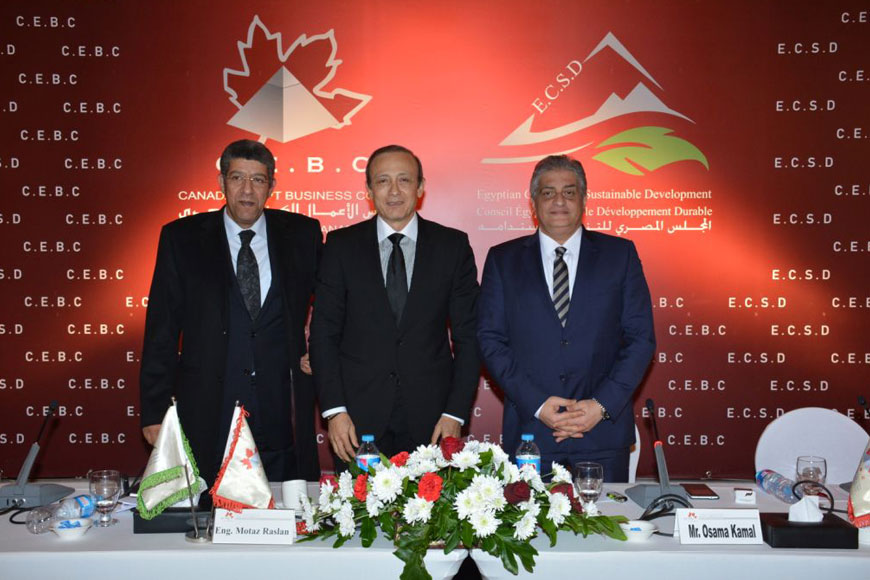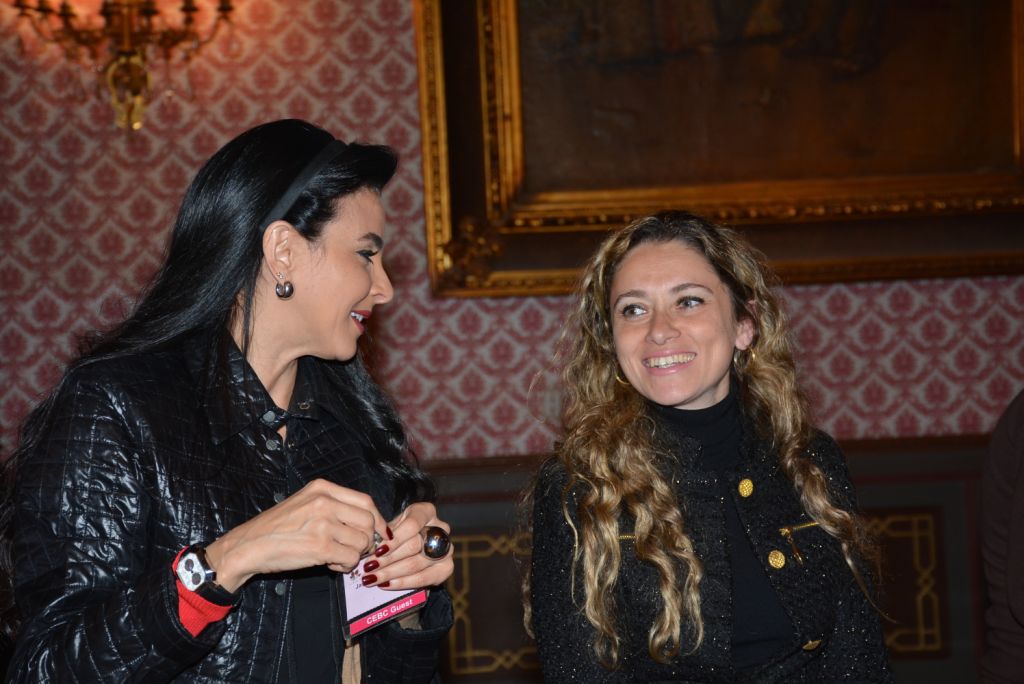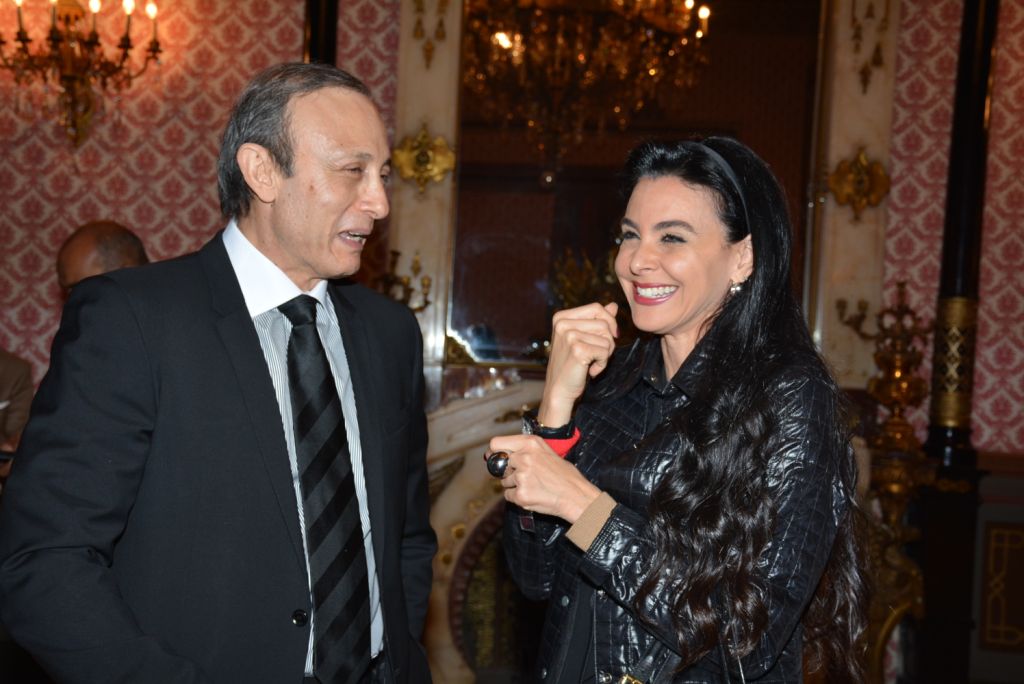
Date
Speaker(s)
Designation
Description
The Canada Egypt Business Council (CEBC) and the Egyptian Council for Sustainable Development (ECSD) hosted a special event and panel discussion featuring head of the Egyptian Judges Club Counselor Abdallah Fathy and renowned broadcaster Ossama Kamal. The discussion revolved around the relationship between the Egyptian judiciary system and the media, and whether it is a confrontational relation or a partnership one.
Attendees were present at the event from CEBC members and guests, in addition to a number of veterans in the field of justice and law, Counselor Yehia El Gamal, Counselor Adly Hussein were also among the attendees.
CEBC Chairman, Eng. Motaz Raslan, delivered the opening remarks emphasizing “Justice is the basis of sovereignty” Chairman Raslan said asserting the quintessence of a fair nonpartisan judiciary. He highlighted the challenges the judiciary faced throughout Egyptian history, especially lately with a lot of confrontations with the Egyptian media.
Counselor Abdallah Fathy, asserted that the judiciary has no place in political battles, as established by law, and added that its main challenges are limited to the preservation of its neutrality and independence. He said that the current battle for independence of the judiciary comes in continuation to a struggle that commenced decades ago, citing the highlights of the judiciary’s fight for its independence with successive regimes.
Nevertheless, Fathy affirmed some prejudice against the judiciary from some media who make quick decisions and announcements about certain judiciary issues without having consolidated proofs or trust worthy sources. He said that people need to unite with judges in the defense of their independence and neutrality, “as one never knows when he will be standing before a judge and his rival is a man of influence”.
Fathy, also highlighted the great sacrifices made by several judges over the course of history for the sake of their transparency and independence, as the head of the influential Judges’ Club, an unofficial body representing judges which was in the forefront of a large number of judiciary battles.
On judicial reform, he said that the judicial system requires “holistic development”, as opposed to “purging” – a term often used by the opponents of corruption in the judiciary. He said that a large number of laws is outdated and in bad form due to multiple incoherent amendments. He added that courts are bloated with a large number of cases, which do not customarily fall under the jurisdiction of the judiciary, but of technical bodies.
Mr. Ossama Kamal, spoke of the code and ethics that should be clear to any member of the media arena and the difference between a search for the truth and reality and blowing with media booms that has no relevance to the reality of the issues in real grounds, affirming that the relation between the media and judiciary should be built on mutual trust and respect to each system’s red lines and that all parties should be working for the country’s best benefit.
The floor was then opened to questions raised from the floor covering different issues with regards to new laws and the development of the judiciary system in the coming phase as well as questions raised by the media members about certain cases that were not transparent enough to the normal Egyptian citizen.












